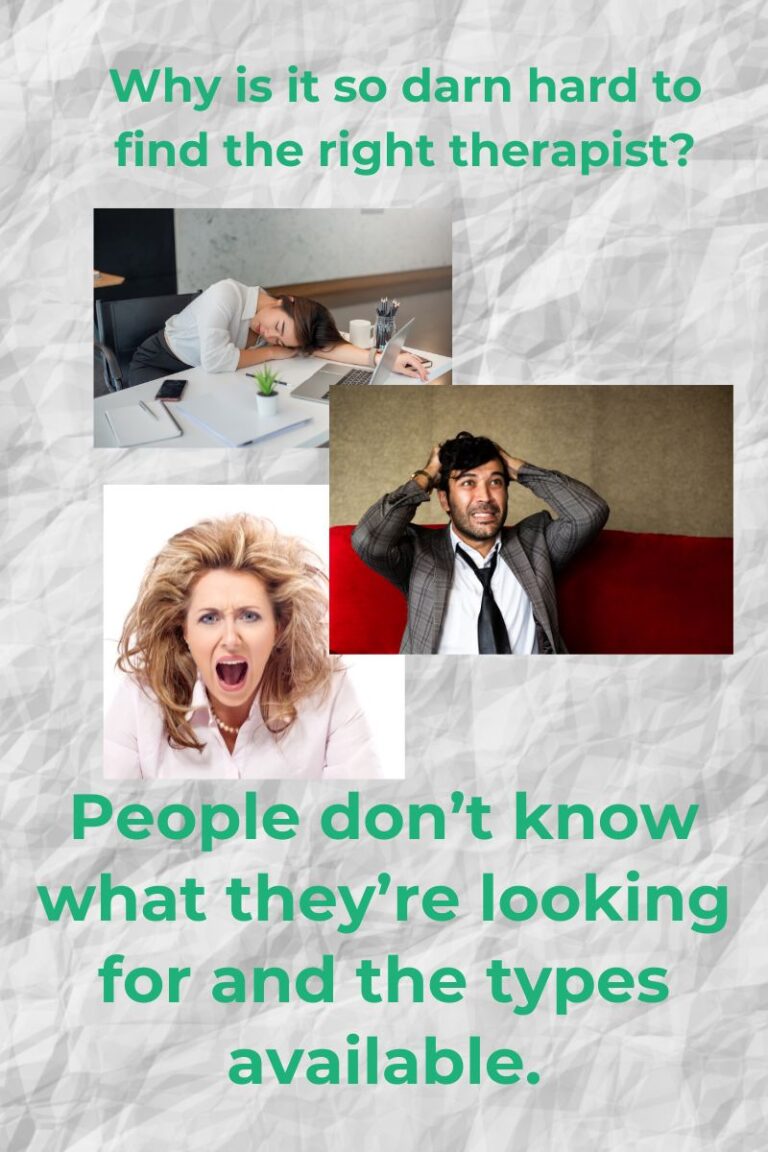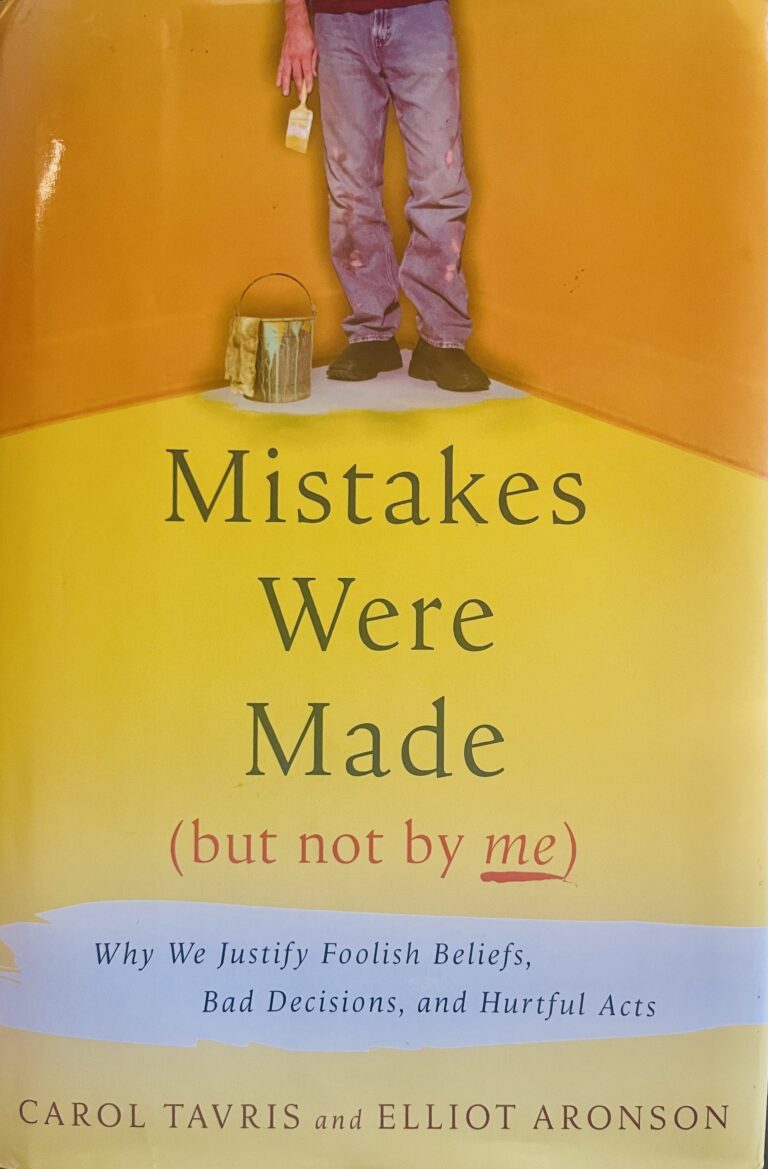How to Leave Without Hurting Your Partner
Breakup tips for those who don’t do confrontation

by Becky Whetstone, Ph.D.
“Many human beings will go out of their way to avoid discomfort and to not cause others discomfort. This policy, adopted early in life, will cause lifelong suffering and dysfunction. The only way to true health and good relationships is to be real, show your authentic self to the world, speak your truth diplomatically and compassionately, and face your issues head-on as they arise.” — Doctor Becky
If you want to learn a lot about humankind, become a therapist. Most of us do the job because we care about people, we’re fascinated by relationship dynamics, and helping people is gratifying. It doesn’t hurt that what we learn helps us understand our own lives and relationships along the way.
Part of my experience has been astonishment at how many people will not advocate for themselves when doing so would change everything for the better. They will gripe, complain, wish things were different, expend tons of negative energy, and send stress levels through the stratosphere, but by golly, they won’t go straight to the person who bugs them and have a conversation. I guess I shouldn’t be surprised, as the number one complaint couples bring to me is communication problems.
Some situations are relatively simple to solve, others more complicated. But the number one obstacle that gets in the way of good results is the clients themselves and the stories and excuses they weave for not wanting to do the healthy thing that would free them of their anguish. Are human beings cowards? In many cases, they are, but a better phrase is emotionally immature. The only healthy stance I can take in these cases is to continue visiting and hope they will change their mind. Here’s an example:
A female client, I’ll call Mrs. Jackson, came in recently and told me she wanted to divorce her husband of 19 years but wanted to do it without hurting him or their two children.
“She must think I have magical powers,” I thought. The mere fact that we are humans means there will be emotional pain along the way, surely, she understands that. But she was serious, and it was time for me to gently educate her about life, feelings, and emotional pain. Only after a short lesson might she be able to understand why what she wants will be impossible to achieve …
Everyone I deal with has childhood developmental trauma. (CDT) That means that early in life, we saw what our family and other entities expected and concluded that we weren’t good enough. That feeling of being defective, different, less than, or not good enough is called toxic shame, the most painful of all human emotions. From that moment on, human beings have childhood trauma and will beat themselves up over how they look, act, think, and everything else. Each time a situation arises moving forward where we feel less than others, we will get traumatized again and again. What do we do to compensate for believing the lie that we are not good enough? We conform and create ways of being that we falsely believe will help us feel adequate — we become pleasers, overachievers, rebels, perfectionists, rescuers, helpers, caretakers, and take on other roles that we believe will serve us moving forward. The idea is, “If I (perform perfectly, or overachieve, or please, etc.), I will be accepted and get what I want.” It’s a set-up for a lifetime of dysfunction and suffering, though ironically, the reason we do it is to avoid judgment, emotional pain, and rejection.
When situations arrive that cause traumatized people to feel toxic shame, like, for example, if you find out your friends are having a party and you’re not invited, your brain will perceive a threat, and you will go into the fight-flight or freeze response. When we do that, we become immature and do things that damage ourselves and others.
To avoid these painful emotions, people often try to create a life and existence where they never feel uncomfortable and never cause anyone disappointment or hurt. When they do feel hurt, they often freeze and shut down, then go medicate their negative feelings with drugs, alcohol, or food. To pull this off, we tell ourselves that we can never tell anyone what we really want or how we really feel unless it’s positive. We must act like life is fine, and internally, we will become miserable with our lives and not have the conversations that could help us get our needs met while also meeting the needs of others.
Mrs. Jackson is a perfect example of this common but dysfunctional behavior. She has been keeping her marital unhappiness secret from everyone but has felt internal conflict for a long time. She may have shown Mr. Jackson an attitude here and there, all passively aggressively, but he has no idea that she wants to part ways. Because she has kept her misery secret, he may think they have a pretty good marriage. Unable and unwilling to advocate for herself in her unhappy relationship, she has stuffed resentment to the point where she feels like exploding. She knows she can’t take much more, so she decided to seek a professional therapist to tell her how to extricate herself from this mess in a painless way. In her current situation, she acknowledges that if she can’t have a breakup conversation without hurting anyone, she wants me to teach her how to cope with her misery, another idea that will harm everyone in the long run.
I ask her why she can’t tell Mr. Jackson she is unhappy.
“I don’t want to hurt him.”
“How do you plan to leave him without hurting him?”
That’s why I am here.” she replies.
“We have a lot of work to do,” I say.
Mrs. Jackson has CDT, and in her case, it has caused her to create a world for herself where no one deals with what’s really going on in their lives. She has made herself allergic to expressing discomfort to others and is equally allergic to making them uncomfortable. It’s no way to live. I have some clients with the same kind of trauma she has, but it manifests itself differently. With their trauma, they have become so sensitive to perceived emotional injury that they complain about every little thing. Such is the way of trauma; people fall to one extreme or the other in their behaviors, all, or nothing at all, and we try to make it through life without realizing that what we are doing causes much damage and is a losing plan for everyone.
I asked Mrs. Jackson to tell me more. I want to see the areas and ways in which she has adapted over the years.
If you study Pia Mellody’s model of CDT, you learn that trauma causes us to adapt dysfunctionally in five different areas: 1. Self-esteem, 2. Boundaries, 3. Perception 4. Dependency, and 5. Control and moderation. By listening to clients, I can often tell where they are in the five areas, as said before, it’s usually on one extreme or another. For example, in the self-esteem category, they will either feel less than or better than most people. If they’re willing, I can point these things out and teach them how to be healthy in the five areas. It sounds simple, and it is, but it’s life-changing work.
The bottom line is that CDT prevents us from growing up emotionally. Clients come to me because they have adult problems, but they deal with them childishly. Not telling another adult that what they are doing doesn’t work for you and storing up resentment is immature. Trauma therapy nudges people to grow up emotionally and learn to deal with their issues directly, compassionately, and as adults. Ms. Jackson wants to leave her husband, but without hurting him and without being seen in a negative light. It’s a nice idea, but it’s fantasy. She must find the courage to face her husband and speak with him about her unhappiness. Therapy is a great place to do this, I might request that she bring her husband in when she feels ready so we can begin having honest conversations. A family therapist will teach them how to speak honestly and kindly and how to keep the conversation on the high road.
Of course, I want to hear her marital story and learn all the dynamics from her point of view. I want to hear Mr. Jackson’s story, too. Interestingly, once Mrs. Jackson reveals her truth to Mr. Jackson, and he receives it with loving concern and shows motivation to make the situation right, there is a good chance she will release much of her resentment and take the idea of divorce off the table. This is why I tell so many couples: you may think you want marital separation, but let me see what’s going on here, try a few things, and see if you still feel the same way after that. Too many people split up for the wrong reasons, and breaking a family up is one of life’s most major decisions. I want families to do their due diligence to ensure it is the best decision for all involved.
Unless abuse is involved, it is always the right thing to slow down a divorce decision and put off any sort of divorce process. Even if it is what you ultimately decide to do, it should be slowed down and taken a bite at a time. Humans can only take so much change within a period; we need to allow space for people to adjust. Also, slowing it down helps with the reality that too many people divorce prematurely and regret it. If no one has told you that marriage has ups and downs, and at times, you may dislike or even hate your partner, they should have. Every couple should know that most couples that make it the long-term white knuckle certain periods when others bail. Becoming a single parent, the legal process, and dealing with an “experienced family law attorney” who has no concern about the fact that two parents must get along for the sake of their children. During the legal process, they will draw blood until you are drained and can barely function.
After visiting with Mrs. Jackson, I uncover a few more issues that are tripping her up. I can see that she has developed several stances or truths about herself within her trauma: 1. A need to be seen as good and perfect (perception), and 2. Wants to control her life in a way where she is not seen as a bad person. (control). Neither of these will be possible, I tell her, as we cannot control how other people view our actions, and human beings were designed to be mistake makers, flawed and imperfect. People with these stances can never be seen as wrong, and they will die on this hill. It might take a little while, but I have got to get her to embrace these new truths as her new reality. I often figure out a client has this problem when their spouse is adamant about them admitting to some error, and the most juice we can squeeze out of them is, “I didn’t intend to do wrong.” It’s always a fun moment when I get to say, “Hey, come on over to my side of the street where mediocrity is acceptable, and mistake-making is the norm.” When I realized this concept years ago, I must admit it was a relief. I stopped feeling like I had to conduct myself to follow guidelines and jump high bars I had set for myself that were all made up and impossible to achieve anyway.
Mrs. Jackson was so naive that she really thought she would need one therapy session to get advice about how to leave her husband without hurting him and being judged, and that was it. It took me six months to get her to clearly see and believe this idea was unachievable. That it is not possible to have a great life without knowing what we need and want, speaking up for ourselves, and setting boundaries. She realizes now that her best option is to speak out and face family members or anyone when she has a concern. Interestingly, when we begin doing this, we learn that good friends, close friends, and family members can handle it because they are adults. Adults can deal with disappointment and being told no, and (most) understand that they are responsible for their needs, anyway. When anyone disappoints me, I honor their right to do so and take care of and nurture myself through the letdown feelings. When I started to say no to things I didn’t want to do a long time ago or spoke out on my own behalf, I quickly learned that the sky didn’t fall, people still liked me, and most importantly, I felt relief. Once you experience that, there’s no going back.
Proudly powered by WordPress
Becky Whetstone, Ph.D., is a licensed Marriage and Family Therapist in Arkansas and Texas* and is known as America’s Marriage Crisis Manager®. She is a former features writer and columnist for the San Antonio Express-News and has worked with thousands of couples to save their marriages. She can work with you, too, as a life coach. She is also co-host of the Call Your Mother Relationship Show on YouTube and has a private practice in Little Rock, Arkansas, as a life coach via Zoom. To contact her, check out www.DoctorBecky.com and www.MarriageCrisisManager.com. Don’t forget to follow her on Medium so you don’t miss a thing!
For licensure verification, find Becky Whetstone Cheairs.
If you enjoyed this article, you might also enjoy …https://marriagecrisismanager.com/staging/7172/five-ways-our-childhood-screws-us-up-f62d95dc162f/






